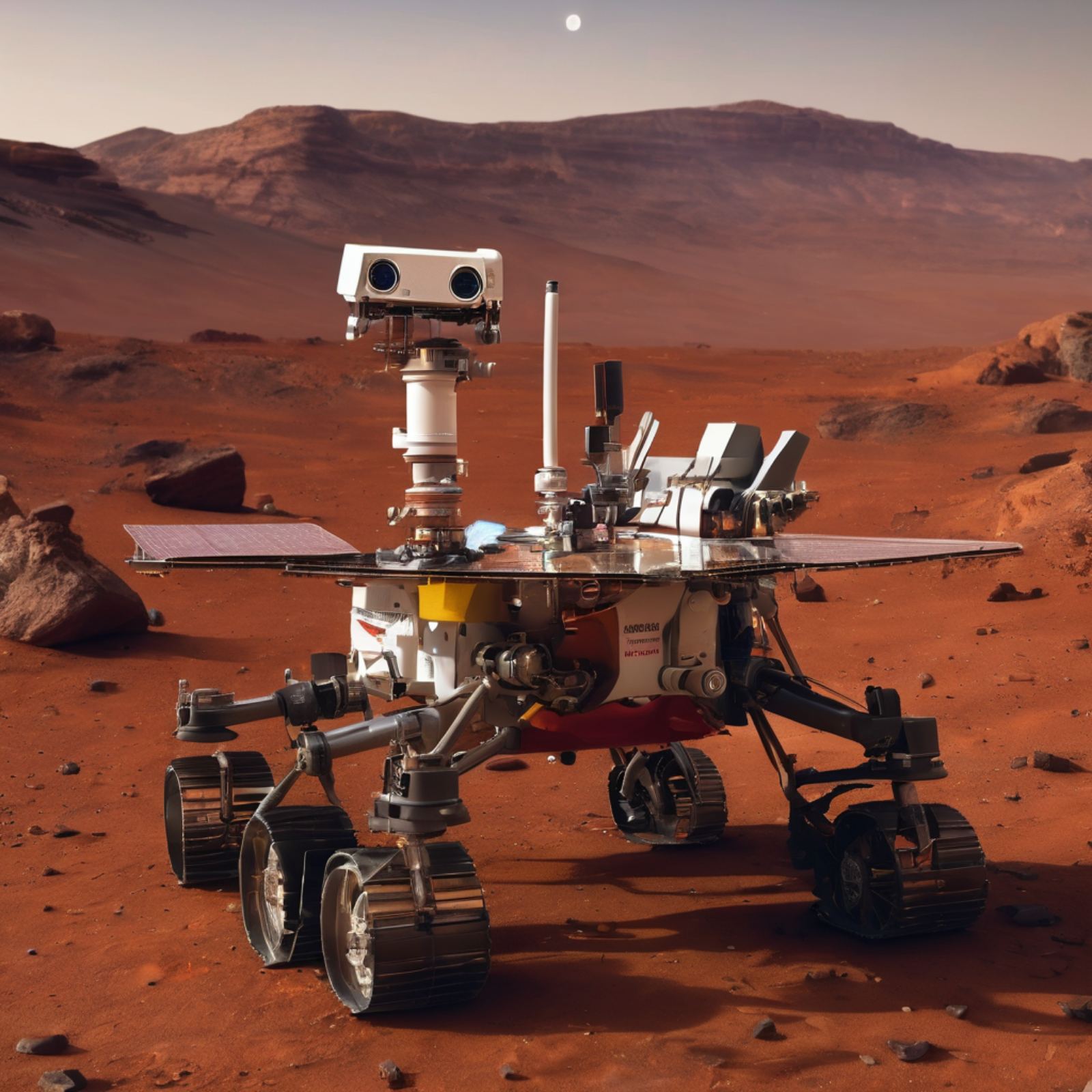In the fast-changing world of tech, AI chips are like hidden superheroes driving the big changes. These tiny but powerful processors are the brains behind AI applications. They are making things like voice assistants, self-driving cars, and facial recognition possible. Without them, the AI revolution wouldn’t be possible! But lets find out what are they, and who’s making them.
AI Chips: A Technological Marvel
AI chips, short for Artificial Intelligence chips, are specialized hardware components designed to accelerate AI computations. Unlike traditional CPUs and GPUs, they are optimized for tasks like machine learning, deep learning, and neural network processing. Furthermore, they boast superior performance and energy efficiency, making them indispensable in various applications, from smartphones to data centers.
The Anatomy of AI Chips
At their core, AI processors feature a myriad of transistors intricately woven into a complex network. These transistors form the building blocks of neural networks, enabling both rapid data processing and decision-making. Additionally, AI chips integrate specialized circuits, such as Tensor Processing Units (TPUs) and Field-Programmable Gate Arrays (FPGAs), to enhance performance and flexibility.
The Rise of Neural Network Accelerators
One of the pivotal advancements in AI chip technology is the emergence of neural network accelerators. These dedicated circuits are tailored to execute neural network computations with unparalleled speed and efficiency. From convolutional layers to recurrent networks, neural network accelerators revolutionize AI tasks, enabling real-time inference and training across diverse platforms.
Who’s Who in the AI Chip Market
With the demand for AI-driven solutions skyrocketing, several industry giants and innovative startups have risen to prominence in the processors market. However, let’s shine the spotlight on the frontrunners shaping the future of AI technology.
1. NVIDIA: Pioneering Graphics to AI Dominance
Renowned for its prowess in graphics processing, NVIDIA has seamlessly transitioned into the realm of AI chips. For example, with its groundbreaking GPUs and specialized AI accelerators like the NVIDIA A100 Tensor Core GPU, NVIDIA dominates the market with unparalleled performance and scalability. From gaming to data centers, NVIDIA’s AI processors power a myriad of applications, driving innovation across industries.
2. Intel: Fusing Tradition with Innovation
As a stalwart in the semiconductor industry, Intel has embraced the AI revolution with gusto. Furthermore, leveraging its expertise in CPU architecture, Intel has developed a diverse portfolio of AI chips, including the Intel Xeon Scalable and Intel Movidius Vision Processing Units (VPUs). With a focus on versatility and efficiency, Intel continues to push the boundaries of processors technology, catering to the evolving needs of AI developers and enterprises.
3. AMD: Raising the Stakes with Radeon Instinct
AMD, renowned for its high-performance CPUs and GPUs, has made significant strides in the processors market with its Radeon Instinct accelerators. As a result, designed for parallel computing and AI workloads, Radeon Instinct GPUs deliver exceptional performance and power efficiency, catering to the demands of AI researchers and data scientists. With a commitment to innovation and affordability, AMD also poses a formidable challenge to its competitors in the arena.
4. Google: Driving AI Innovation with TPUs
Google, a trailblazer in AI research and development, has revolutionized the AI chip landscape with its Tensor Processing Units (TPUs). Engineered specifically for TensorFlow, Google’s open-source machine learning framework, TPUs offer unmatched speed and efficiency for AI workloads. From cloud-based inference to on-device processing, Google’s TPUs empower developers to unlock the full potential of AI. Additionally, driving innovation in areas like natural language processing and computer vision.
5. Apple: Empowering Devices with Neural Engines
Apple, synonymous with innovation and design, has planned to integrate AI chips into its lineup of consumer devices with remarkable success. Also, harnessing the power of its custom-designed Neural Engines, Apple’s processors enable advanced features like Face ID, Siri, and computational photography. By tightly integrating hardware and software, Apple delivers seamless AI experiences across its ecosystem. Overall, they are aiming to set new standards for mobile AI performance and efficiency.
FAQs: The AI Chip Landscape
Q1: Are only high-end computing devices using AI chips?
No, AI chips are increasingly being integrated into a wide range of devices, including smartphones, IoT devices, and edge computing platforms. Furthermore, their versatility and efficiency make them suitable for diverse applications, from consumer electronics to industrial automation.
Q2: How do AI chips differ from traditional CPUs and GPUs?
AI chips are optimized for AI workloads, offering superior performance and energy efficiency compared to traditional CPUs and GPUs. They feature specialized circuits, such as TPUs and FPGAs, designed to accelerate neural network computations and deliver real-time inference and training capabilities.
Q3: Can I customize AI chips for specific applications?
Yes, you could customize AI chips to meet the unique requirements of different AI applications. So far, companies like NVIDIA and Intel offer platforms and tools for developers to optimize and deploy AI models efficiently, ensuring maximum performance and compatibility.
Q4: What role do AI chips play in the future of technology?
AI chips are poised to play a pivotal role in shaping the future of technology, driving innovations in AI-powered solutions across various industries. From autonomous vehicles to healthcare diagnostics, AI chips enable transformative capabilities that enhance efficiency, productivity, and human-machine interaction.

Conclusion
In conclusion, AI chips represent the pinnacle of technological innovation, powering the AI revolution across industries. From NVIDIA’s cutting-edge GPUs to Google’s Tensor Processing Units, the market is brimming with diversity and competition, driving continuous advancements. However, let’s embrace the power of AI processors to change how we live and work. With them, we can make things happen faster and connect better. They’re the key to a smarter future where AI is everywhere, making life easier and more exciting!



